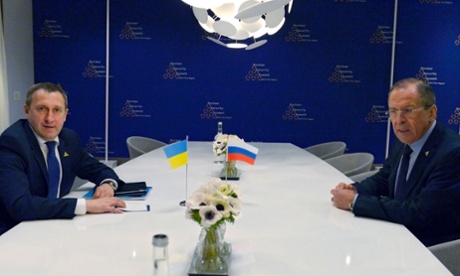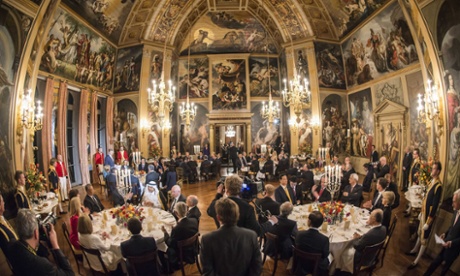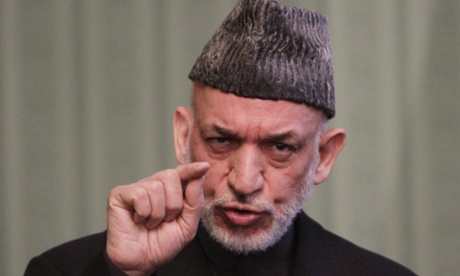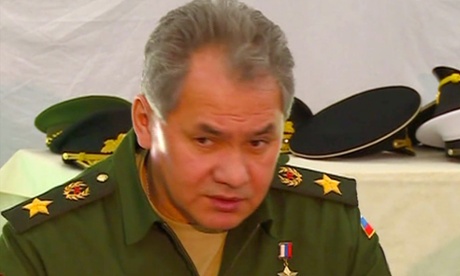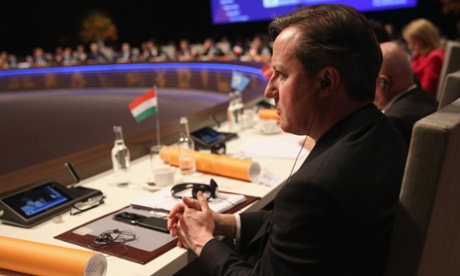How does GST affect Malaysians?
By iMoney Research Team . 6 December 2013 .
Budget 2014

In recent times, the Goods and Services Tax (GST) has been the subject of heated debates by Malaysians from all walks of life. While the experts and supporters lauded the positive wealth effect GST is expected to have on the country, others questioned the potential impacts GST could have on the common folks.
One thing is clear, GST is bound for implementation in Malaysia and its arrival could be in the very near future.
What are the pros and cons of GST on common Malaysians? Will we be better or worse off with this implementation? It pays to begin familiarising ourselves with the basics of GST and to understand some of the potential impacts GST may have on the consumers.
First off, what exactly is GST?
Officially, GST is a consumption tax that is imposed on goods and services at every stage of the supply chain, which typically begins at the manufacturing stage and ends at the retail stage. GST is based on the “valued-added” concept to avoid duplication in tax collected.
Here is an example of how GST with a rate of 10% can be imposed on a can of juice:
1) We start off with a juice manufacturer, who buys the required raw material from a supplier, say at RM1, to produce a can of juice. Under the GST system, the manufacturer ends up paying RM1.10 to the supplier (RM1 + 10% in GST). The supplier then pays the GST of RM0.10 it has collected to the government.
2) The manufacturer, upon producing the juice, charges the retailer RM2 for each can of juice. Under the GST system, the retailer ends up paying RM2.20 to the manufacturer (RM2 + 10% in GST). GST payment by the manufacturer to the government is RM0.10, after deducting the RM0.10 in GST it had paid earlier to the supplier.
3) The retailer, upon receiving the manufactured juice, now sells it to the consumer at RM3. Under the GST system, the consumer ends up paying RM3.30 to the retailer (RM3 + 10% in GST). GST payment by the retailer to the government is RM0.10, after deducting the RM0.20 in GST it had paid earlier to the manufacturer.
Eventually, after the numerous stages of GST collections and payments by different stakeholders, the government ends up receiving a total GST of 10% for the can of juice. The above example illustrates how the GST is ultimately borne by the consumer.
Replacing Sales Tax and Service Tax (SST)
In Malaysia, one of the common misconceptions about the GST is that it is a “new tax” that will make you pay more for everything you buy. However, according to the Authorities, GST is not a new tax but a replacement tax for Malaysia’s existing Sales Tax and Service Tax (SST).
Naturally, to understand how GST could change the consumption tax environment in Malaysia, one would first have to understand how SST works.
At present, there are two key components of SST. The first component is the Sales Tax, which is imposed on most goods at the import or manufacturing stages. Sales Tax is generally 10%, though it can be higher or lower depending on the nature of the goods.
In Malaysia, many consumers are unaware of the Sales Tax because it isn’t shown on the price tags or receipts of the goods we buy, instead, it is embedded within the pricing and passed on to the consumers.
The second component of SST is the Service Tax, which is imposed on a long list of taxable services that range from hotels, restaurants to legal and insurance companies. Service Tax is 6%, and is indicated in receipts when it is imposed.
As one could imagine, due to the way SST works, we as consumers often find ourselves unwittingly paying “double taxes” – first at the manufacturing stage, and later at the service stage.
The GST, which is set to replace the SST, is a far more comprehensive and transparent tax system that will ultimately benefit the consumers. One of its greatest benefits is the elimination of the possibility of paying “double taxes”, because the two-pronged tax rates and policies in the SST system would have been replaced by one single GST.
Using the earlier juice analogy, you’ll know you’re paying RM0.30 in GST for every RM3 can of juice you buy, and nothing else.
Ultimately, it is important to take note that GST is here to replace an older, arguably less efficient consumption tax system in the SST. GST is not a new tax, nor is it an additional tax that is imposed on top of existing taxes. So, technically, you will not “pay more for everything you buy” – which is the common impression of GST right now.
But will GST impact the prices of goods?
GST may not make you “pay more for everything you buy”, but it still bears implications on the pricing of goods, some more so than others. Using the widely speculated GST of 4% as assumption, these are some potential scenarios you could face as a consumer should GST be implemented:
Scenario A: You could end up paying 4% more for a product/service that previously wasn’t taxable under the SST. As GST is believed to cover a wider range of products/services than SST, this may apply to quite a number of items.
Scenario B: You could end up paying slightly less for a product/service that previously was taxable under the 6% Service Tax but not under the Sales Tax, or one that was taxable under the Sales Tax but not under the 6% Service Tax.
Scenario C: You could end up paying significantly less for a product/service that previously was taxable under the 6% Service Tax AND the Sales Tax.
Scenario D: You could be paying the same price for a product/service that is tax-exempted under both the GST and the SST.
In a nutshell, GST has the potential of causing prices to go up, go down or stay the same depending on the eventual rate as stated by the Government, as well as, tax policies for specific categories of goods and services. However, GST will not cause prices to go up in a universal manner.
How did our neighbour (Singapore) do it?
As with all policies that affect millions of lives, it makes sense to look at a real life example. In the case of GST, we can speculate a thing or two by looking at Singapore, which began implementing GST in 1994. These include:
GST Rate Adjustment: Since the introduction of GST, Singapore had revised its GST rate from 3%, to 4%, to 5% and subsequently to the present 7%. We can probably expect the same thing to happen to Malaysia over a period.
Offset Package: To counter financial burdens which may be caused by the introduction and rate increases of GST, Singapore introduced Offset Packages encompassing cash payouts, CPF top-ups and rebates for its people. In Malaysia, we already have BR1M, so the mechanism is in place for the Government to implement similar initiatives should it choose to.
Income Tax Alteration: Since the introduction of GST, Singapore had gradually lowered its top marginal rates for both corporate tax and personal income tax over the years. This could spell good news for tax payers in Malaysia, if we follow the same route.
At this point of time, nothing about GST in Malaysia has been confirmed, other than the fact that the government seems adamant in implementing it in the near future. With next to no official information on the rates, policies and technicalities (such as exempted categories of goods), everything we know of GST remains speculation and nothing else.
For Malaysian consumers who may be feeling on edge from all the arguments surrounding GST, there is every chance that you will experience an initial shock or even a feeling of apprehension when you find an additional line of tax in your bills the moment GST is implemented – which is widely speculated to be 2015.
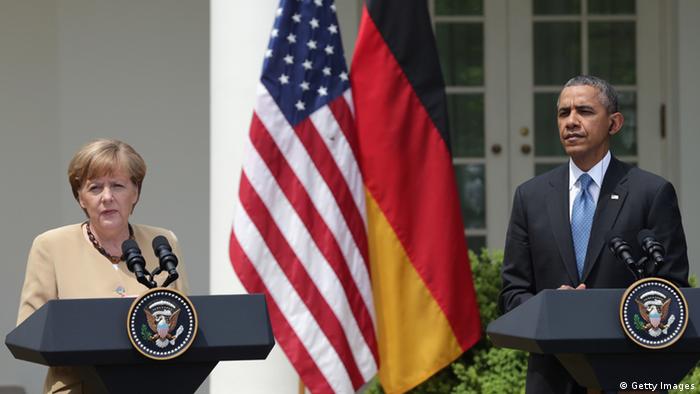



.jpg)







